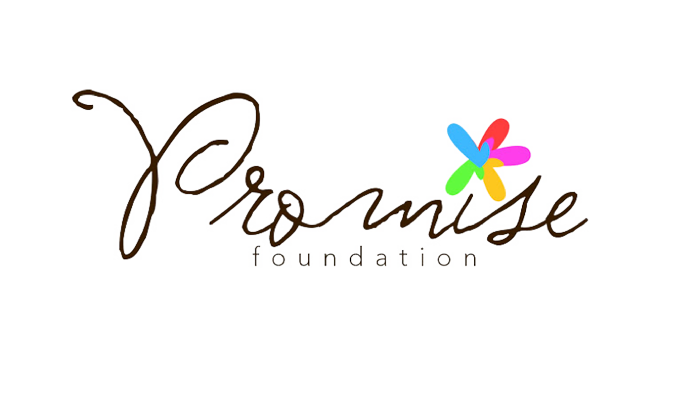How do I get paired up with my mentee?
We aim to pair up mentors and mentees on interests, experience, personality and so on.
During the first few sessions we will look at how the mentors and mentees get on during ice-breaker and team-building activities and make changes to any pairings if necessary.
Will I work with the same young person each week?
Yes. We believe that both the young person and volunteer gain most from the mentoring experience when they have the chance to get to know one another and build a strong mentoring relationship. So we make sure you mentor the same young person for the full academic year.
Do I need previous experience working with young people?
Experience of working with young people can be useful but is not essential. We will support you throughout your volunteering.
What if I have to stop mentoring before the project finishes?
We ask volunteers to commit to a mentoring project for a minimum of 9 months and ask our volunteers to consider carefully if they can make this commitment before signing up. Occasionally there are mentors who have to end the relationship early for unavoidable reasons in which case we would ask that you follow the guidance from your training to end the relationship positively. We will then attempt to find a new mentor for the young person.
When and where do the projects run?
Our projects run at QPCS school in Queen’s Park, NW London.
Are my travel expenses paid?
As we rely entirely on donations, we ask that mentors are sponsored by their employer for their travel costs. If you are not working, we may be able to meet your reasonable travel costs. Parking is free and available in the school.
Do I have to pay for my DBS check?
No, we will cover the cost of the DBS and help you to complete it successfully.
If I have a previous caution or conviction on my DBS disclosure does that exclude me from volunteering?
Not necessarily. Let us know as soon as you decide you want to volunteer and we will discuss the disclosure and circumstances with you.
What mentoring involves
You will spend one hour a week (either 8.00am or 3.30pm) working one-to-one with a young person on school premises.
Are you an experienced, positive role-model?
Are you willing to give up some of your time to help a young person achieve their goals?
Before you start mentoring we offer comprehensive face-to-face training to ensure that you are well equipped to face the challenges of mentoring. Training is also a great opportunity for you to meet your fellow volunteers and ask any questions you might have.
Who are we looking for?
Mentors who are willing to be role models for young people and play a critical role in supporting and advising them.
Effective mentors are sensitive to others’ cultures and have an ability to communicate successfully across cultural lines
Effective mentors have –
- A general awareness of study skills and problem-solving approaches
- A good rapport with young people
- A basic knowledge of the British education system
Our Mentors help young people to:
-
Increase their self-esteem, motivation and confidence
-
Develop and acquire skills
-
Gain a wider perspective on career options
-
Draw up a personal action plan
-
Develop a positive mental attitude
-
Improve goal setting & action planning skills
-
Develop interpersonal skills, e.g. negotiating & listening skills
-
Achieve their goals
Our Mentors also facilitate:
-
Mock interviews, CV writing and letters of application
-
Work shadowing and/or work experience
-
Introduction to new networks and contacts
-
Visiting college/university open days, training programmes and fairs
- Liaising with school careers adviser
Mentors are:
- Patient
- Enthusiastic
- Resourceful
- Good listeners
- Committed
- Mentors must also be able to give constructive feedback

